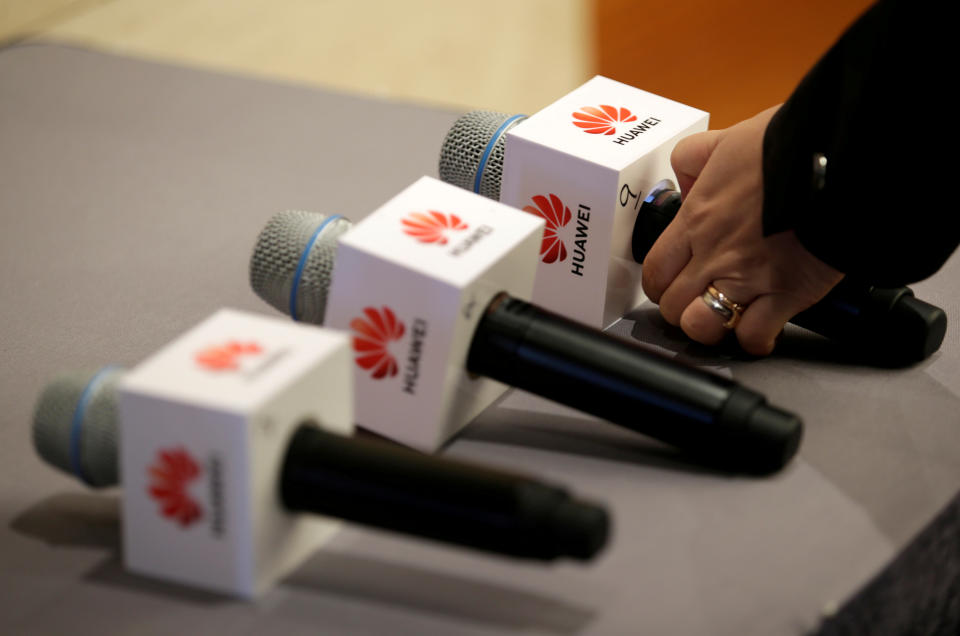The 'tech cold war' between the US and China looks 'set to rage on'

The US and China are locked in a tech cold war and Chinese giant Huawei (002502.SZ) is at the heart of the battle.
What happens next will have global ramifications for tech supremacy in the age of 5G and beyond, according to political risk analysts.
Speaking at the Tech Open Air conference in Berlin, Paul Triolo, practice head of Geo-technology at Eurasia Group said that even with a new trade deal in place between the two superpowers, “this tech cold war will rage on.”
The US has intensified its campaign against Huawei in recent months, citing fears that Huawei’s tech could be used by the Chinese government to spy on or exert control on other nations. For its part, Beijing is determined to become a technology superpower to equal the US.
In May, Washington added Huawei to its blacklist of foreign companies forbidden to buy certain types of components, particularly semi-conductors and software, from US companies. It also ramped up its efforts to convince its allies to ban the Chinese tech giant from bidding in national 5G network auctions.
“The Huawei issue transcends the trade deal,” Triolo told Yahoo Finance UK. “Because of the innovation issue, there is concern that this kind of action on part of the US government will force Chinese companies to design-out US technology.”
READ MORE: Hounded by US, Huawei finds a more receptive market in Germany
Huawei is dependent on thousands of US suppliers for components and software so designing its own replacement gear would take time and hurt its core business. On the other side of the divide, US companies are worried that by designing its own tech, China will erode US leadership.
“It is bad for everybody,” Triolo said. That’s not just because it will cause inefficiency across systems, but also because of the “economic impact of recreating and duplicating 5G systems.”
“There is going to be an ugly period if we get to this serious split which I think we are headed for,” Triolo said. “We are in uncharted waters: US companies don’t understand where this is going, and they don’t know whether to invest further in China.”
READ MORE: UK mobile operators urge government clarification over Huawei
According to Triolo, it is all but certain that the rollout of 5G will be delayed if the US war against Huawei continues. Huawei’s core infrastructure business — rather than its handsets division — is under threat, and that’s the underlying architecture of 4G in many countries across Europe, Africa, and Latin America.
“The implications of are profound for all of us in Europe, because it may mean that the rollout is delayed, if for example, countries have to tear out their existing infrastructure based on Huawei equipment at great cost,” Triolo told the tech conference in Berlin.
Currently the Huawei friction is creating uncertainly amongst European telecoms carriers, but in the long term, the tech cold war “is real and probably going to lead to some fragmentation of the global technology ecosystem.”
One potential upside of this war could be the European tech industry, and heavyweights like Ericsson and Nokia, who could benefit by the lack of competition from Huawei while the US and China are “duking it out”

 Yahoo Finance
Yahoo Finance 